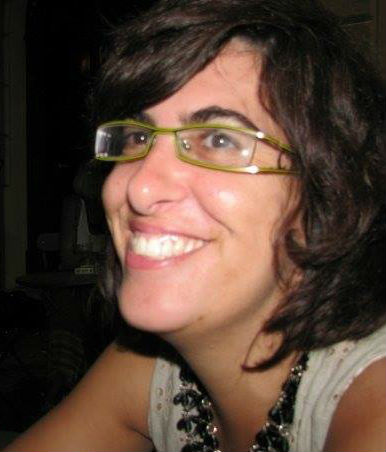




Brazilian cinema will always need Eduardo Coutinho. He died in tragic circumstances in February 2014, murdered by his schizophrenic son, but his legacy lives on. He remains a reference for filmmakers in Brazil and beyond. His documentaries consistently expose and question the fine line between fiction and truth. For example, in Edifício Master (2002) a woman tells lies. Coutinho explained: “I am a truthful liar; I lie but I say the truth” (taken from ‘Celebrating the Work of Eduardo Coutinho’, by Cecilia Sayad).
Moscou is the result of a collaboration between Coutinho and theatre company Grupo Galpão. Coutinho proposed that the group recreate Anton Chekhov’s play ‘Three Sisters’ in just three weeks, the structure of the film being a collage of workshop, improvisation and rehearsal fragments, all taking place in their theatre building in Belo Horizonte.
The film is a long conversation about past and present, Russian traditions, Brazilian folklore and the role of the actors. We see the actors in the process of creating their characters and incorporating their own personal dilemmas into Chekhov’s fictional creatures. Some of the scenic objects are meaningful for the actors, but not part of the original play. Coutinho skilfully subverts the drama genre, thereby creating a new kind of documentary.
Coutinho did not merely shoot a play. It is common to reproduce plays in films, as with playwright and filmmaker director David Mamet. Mamet’s films are quite static, and the stage is immaculate and sacred. In Moscou, on the other hand, everything is desecrated: the dressing-room, the actors having lunch while they memorise their lines, the escape door to Moscow (a chalk drawing on the wall).
Moscou is an in-depth analysis of Chekhov’s ‘Three Sisters’, in the same way Looking for Richard (Al Pacino, 1996) is an examination of Shakespeare’s ‘Richard III’. Both Coutinho and Pacino foreground the construction of the characters. They also pay a tribute to classic writers. Italian writer Italo Calvino explained in ‘Why Read Classics’: “the classics are books that exert a peculiar influence, both when they refuse to be eradicated from the mind and when they conceal themselves in the folds of memory, camouflaging themselves as the collective or individual unconscious”.
The movie questions the boundaries of film directing, thereby deconstructing the relation between cinema, theatre and literature. It is unclear who is in charge of the work: is it Coutinho as the film director, or Enrique Diaz as the theatre director?
Coutinho plays with these boundaries throughout the entire film. Were the lines written by Chekhov or created by the actors? The use of photos when introducing some characters also generates doubts. Who are these people? Are they related to the actors? The answers to these questions are not important.
Unfortunately Coutinho’s work is little known outside of Brazil. DMovies aims to change this by helping to divulge his personal and groundbreaking style of documentary-making, unparalleled anywhere else in the world. Moscou was selected as one of 16 dirtiest Brazilian films of the past 10 years.











